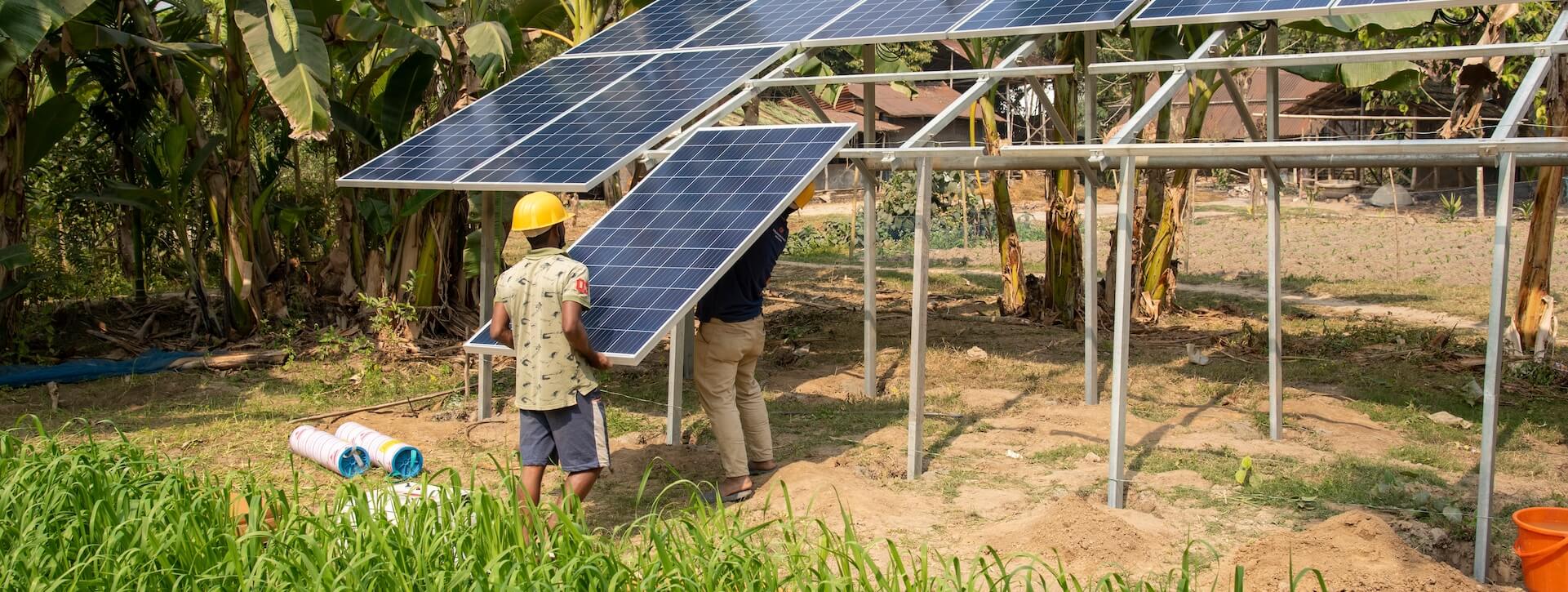ImpactAlpha, December 11 – The debate over how to categorize the most populous country in the world’s climate actions and needs was on full display at COP28 in Dubai. India’s venture capital, private equity and angel investors, however, are sending clear signals that climate is increasingly key to their investment strategies.
Nearly half of private investors in India categorize climate change as an important part of their funding mandate, up from a third last year, according to Climate Capital Network’s 2023 climate finance survey.
Most available climate capital is making early-stage equity investments in tech innovation. More capital is needed to commercialize technologies, the authors note.
“There still is a dearth of funding for Series A / B onwards,” they write. “We must move from ‘The Age of Innovation’ to ‘The Age of Adoption’.”
The Climate Capital Network, a collective of climate investors convened by Green Artha, projects that network members over the next 12 months will increasingly direct capital to hardware, infrastructure, and commodity-based innovations, including electric vehicle charging and battery swapping infrastructure; zinc-gel, sodium-ion and other new battery chemistries; and sustainable consumables made from organic and/or renewable materials. Waste management and nascent point-of-source carbon capture are also areas of growing interest.
The network estimates that nature restoration, environmental analytics, micro-mobility, and urban logistics will see declining investor engagement.
“Not enough emphasis has been placed on strategies that help address both climate mitigation and adaptation issues,” says one survey respondent.
Spurring nature restoration
Nature restoration presents a key opportunity for outsized financial returns and climate impact. “Protecting the natural world has traditionally been left to ecologists and nature-lovers rather than VCs looking for profitable, fast-growing businesses,” observes one investor surveyed by Climate Capital Network.
World Resources Institute’s India group, family office Spectrum Impact, venture fund Sangam Venture and others launched Harit Bharat Fund, meaning “Green India Fund,” to speed economic activity centered around land restoration in the forest-rich states of Chhattisgarh, Madhya Pradesh, and Maharashtra. The initiative leverages WRI’s TerraMatch platform to connect local startups, farmer-producer companies and NGOs with project development and pilot funding of up to $300,000 as well as technical assistance.
Harit Bharat Fund will support up to 20 projects with the goal of identifying business models that can be replicated elsewhere.
“Philanthropy and patient capital can provide catalytic capital to locally-led restoration business models to grow and unlock public finance for spurring a restoration economy,” writes Ruchika Singh of WRI India.
Climate blended finance
Efficient manufacturing, industrial decarbonization, energy efficiency and battery technologies are underfunded climate sectors in India. Blended finance is “critical to technology adoption and commercialization,” Climate Capital Network’s survey finds. “While blended finance holds important promise to unlock capital at scale, it plays a minimal role in the current ecosystem.”
A separate report from the International Finance Corp. and blended-finance network Convergence spotlights how concessional capital is being used to ignite investments in climate-smart agriculture, affordable housing, off-grid solar and other sectors. The UK government’s Market Accelerator for Green Construction program is providing performance-based financing to a trio of housing finance companies in India to encourage green construction designs.
Impact venture capital firm Omnivore, which invests in India’s homegrown agriculture technologies, leveraged a $4.6 million first-loss guarantee from the Bill and Melinda Gates Foundation Inclusive Agritech Facility to de-risk a $12 million equity investment from the IFC for its third fund.











